Waste 2 Worth (W2W) is a Vocational Education Training (VET) Erasmus+ initiative that will demonstrate the relevance of food waste streams in the fight against climate change and aid in the development of circular and bio-economies across Europe. We will bring learners/SMEs on a pathway to potential innovation and circular / bio-economy development opportunities on how to reduce waste and turn it into a valuable resource.

Food waste is a significant problem in the European Union (EU), with an estimated 88 million tonnes of food wasted annually. The issue not only has environmental and economic consequences, but food waste is a major contributor to food insecurity in the EU. From an environmental standpoint, food waste contributes to climate change by releasing methane, a potent greenhouse gas, during decomposition. According to a report published by the European Commission in 2019, Small and Medium-sized Enterprises (SMEs) in the food and drink sector account for around 42% of the total food waste generated in the EU. This translates to approximately 47 million tonnes of food waste per year. The report also highlights that ~88% of this waste is avoidable, meaning that it could have been prevented with better management practices. This highlights the need for SMEs to adopt sustainable practices and reduce food waste to address this issue.
Food SMEs are essential players in the food sector, contributing significantly to the economy and creating employment opportunities. However, food SMEs face various challenges, including the issue of food waste, which affects their bottom line and contributes to environmental degradation.
The objective of Waste 2 Worth is to provide tailored support to VET bodies, food SMEs, bio-economy stakeholders & regional/agricultural agencies to increase awareness of the impact of food waste on the environment & economy. By creating an awareness & ultimately a mapping of avoidable waste within food SMEs, we will encourage innovative thinking into how they, by collaborating in a circular way in the wider community, can better use these wastes creating worth & economic gain.
The five experienced pan-European partners will collaboratively develop & create tools and resources to fill the skills and knowledge gap among VET educators and Food SMEs that will equip and empower them, to recognise the connection between food waste valorisation and urgent climate action and how both target groups with knowledge & awareness, can develop and implement transferable skills (collaboration & problem-solving) and tools to address and improve the food waste challenge becoming changemakers of and for Europe
This is an awareness and inspiration-building resource that investigates and publishes Good Practice case studies where operations exist that demonstrate the correct use of food waste streams in food SMEs with a focus on zero-waste and circularity.
This guide and its methodology will equip VET educators with the tools to guide and encourage learners to become engaged in an applied research and learning activity. SME learners will consequently acquire new research skills and the ability to conduct a mapping research activity.
The mapping activity will give insight via a physical blueprint to each participating community on where and what waste products are available within the community and thus act as a starting block for creating community opportunities in terms of bio- & circular economies.
This will be a suite of ready-to-use teaching resources made up of 12 rigorously researched and forward-thinking MODULES to be used by VET/HE educators & individual Food SMEs. They include lesson plans/frameworks, audio/video materials, evaluation guides & more. The course is complemented by a Learner’s Workbook.
This guide will present the most flexible & impactful innovative pedagogic approaches to waste valorisation/circularity & transversal skills such as active participation & climate action. Focusing on strategies that are appropriate to both in-person, hybrid & digital classrooms, each pedagogy will be carefully reviewed for its potential to help Food SME learners engage with, study & develop solutions for Climate-change problems locally, regionally, nationally and internationally.
Now that each partner region has explored, discovered & mapped the waste-streams in their community & SMEs have access to tailored training, this result will provide a framework and guide for W2W Regional Collaborative Design Thinking (DT), that will involve all 3 Target Groups & beneficiaries, with a focus on developing practical solutions to food waste/waste streams that are providing challenges to SMEs in the regions.
These workshops are instigated to promote local solutions to food waste challenges within the food sectors. The aim is that all target groups are motivated to encourage collaboration and creativity via the DT process so that they learn from their peers and develop solutions together – consequently become changemakers in climate action.
To be equipped with new and innovative content that supports the training of SMEs and local food communities.
To evolve as key players in Europe’s food future, embracing sustainability and waste valorisation.
To integrate sustainable practices into traditional food production and engage in circular economic models.
To facilitate the adoption of sustainable farming and food production methods under the EU Farm to Fork Strategy.

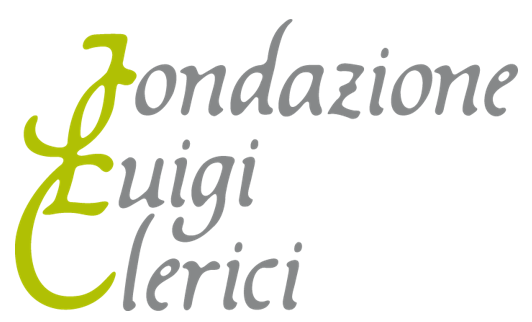
Fondazione Luigi Clerici (FLC) (Italy) is a private non-profit VET organization, established in 1972 which operates in Italy with its 30 branches by providing training services for people, companies and social organisations. Its aims are: contributing to social and professional inclusion in the labour market and promoting training courses according to the current needs of the labour market. FLC has 7 VET centres in which it offers training courses for the catering sector and 2 VET centres in which it offers training courses for the Pastry and Bakery Sector. Being aware of the huge amounts of food waste, which is being created in Italy and Europe, FLC aims at introducing knowledge and competences about food waste management within its training course. Therefore, W2W is of specific interest.
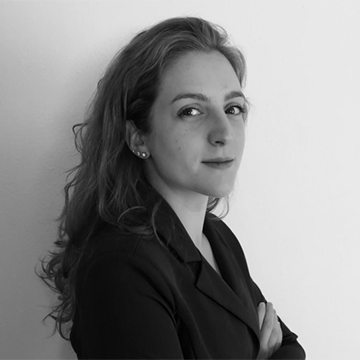
Key skills: She has experience in the management of European project and has knowledge with regards to the EU environment and its partner organizations. Furthermore, she is responsible for the Erasmus + Mobility Projects.

Key skills: She has experience in the management and implementation of national, international and European projects regarding education, lifelong learning and research. Furthermore, she has experience in designing, organizing and coordinating of training courses and in developing e-learning material for adult learners.

CDEA has led the way in vocational training in Gipuzkoa, Basque Country, since 1978 and delivers HOSPITALITY, TOURISM & HEALTH courses in three areas: in-service, initial and adult vocational training. Our broad range of courses brings them into daily contact with the business community which enables them to adapt to the ever-changing skill needs. CDEA aims to contribute to the continuous improvement and development of tourism and hospitality sectors by preparing and training the professionals of the future.
As a VET provider CDEA recognizes the value of training future leaders in the food sector in their role as changemakers and we strongly encourage innovative thinking. Through the accomplishment of this project we will provide tailored support for four SMEs partners, stakeholders & regional/agricultural agencies to increase awareness of the impact of the food waste on the environment and economy and on how we can better use food waste to create worth and economic gain.
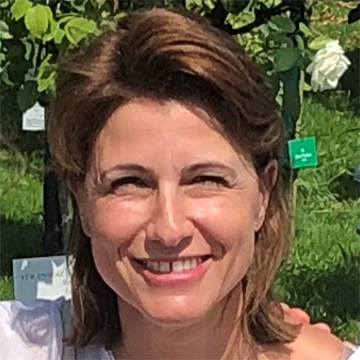
Key skills: Irida brings to W2W extensive experience in project management and coordination and strong collaboration with Basque food SMEs.
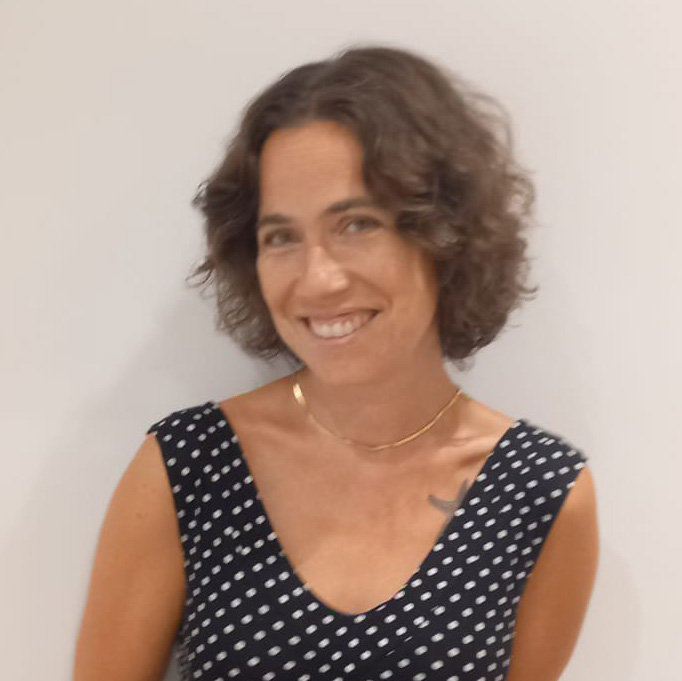
Key skills: Teacher of dietetics and kitchen management in CDEA, Leire is an expert in Human nutrition and dietetics, Food science and technology, and has various specialisations in hotel catering, meat and fish industries, food quality and safety.

Savonia research and development activities follow the principles of sustainable growth. Savonia has five selected focus areas. These focus areas develop solutions and competitiveness of local businesses. We aim at renewing the local economic structure and thus enabling new success stories to be born. Food Industries and Bio & Circular economy are 2 of these areas of focus. They strive to strengthen the vitality of the region and the well-being of food business development via food chain business skills and competences as well as business development and fostering innovation. They support business and society sustainable development by at the heart are bio-based products and material recycling. We help companies to move away from the fossil economy towards the bio economy and low carbon society. Waste 2 Worth is a perfect project to build on this initiative.
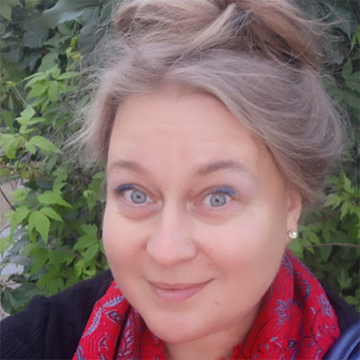
Key skills Anna-Maria brings to W2W include extensive experience in project management and coordination and expertise in specialty food retail management for SMEs in Finnish Food Industry
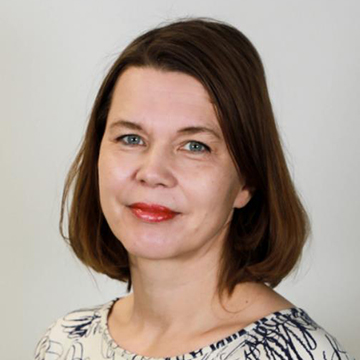
Solja brings 20+ years of experience in mobility and international project coordination.

Momentum is an award-winning Irish educator focused on developing progressive learning programmes (course curriculum and content development) and platforms for education, with a special focus on adult – further education in sustainability & digital skills. Our experienced team helps educators and SMEs respond to the dynamic and changing needs they experience and thus we aim to provide more sustainable employment and futures to adult learners. We train and mentor hundreds per annum and we advise networks and policymakers.
Momentum also has a strong marketing and dissemination division specialising in brand development, content generation, communication strategies, digital media and social media attracting high-profile attention to our programmes. We are very proud of our role in developing the Waste 2 Worth brand that is carried through the project.
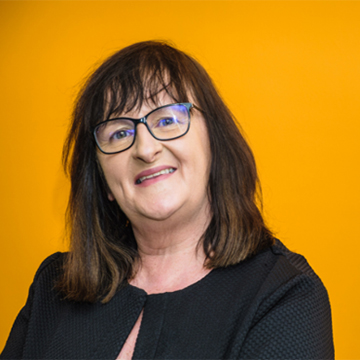
Over the last 20 years, Orla Casey has built up a solid reputation for economic development vision and action, innovative problem solving, transfer of innovation and delivery of game changing projects.
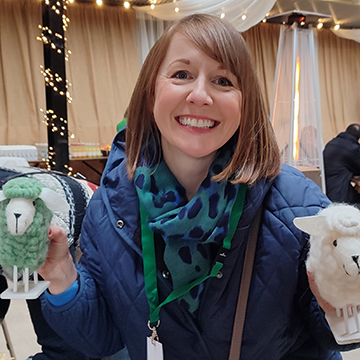
Key skills: Paula has over 18 years’ experience in the food sector. Of relevance to this project. Her career has been focused on the agri-food sector and waste reduction. She heads up Momentum’s food team and is motivated by bringing about positive changes via projects aimed at lessening the effects of skills incompetencies & creating a more sustainable future through innovative education.
Role in W2W: Lead Partner
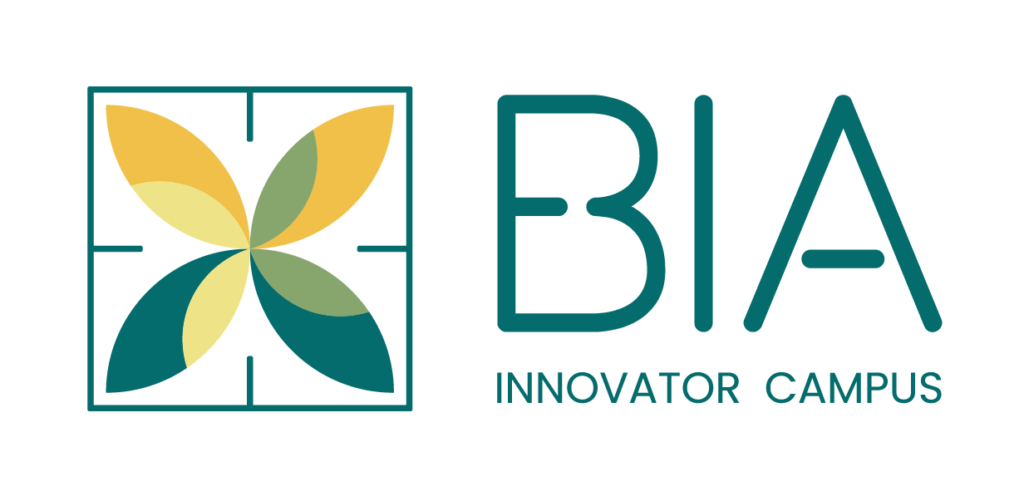
Established in 2017, BIA is Ireland’s leading VET body for the food sector, providing incubation and innovation support and mobilising industry collaboration projects. These include climate smart initiatives, inclusion and citizenship projects around food sovereignty and security. As a VET organization, BIA is also an inclusive point of access to powerful food industry knowledge and skills all in one place.
As project manager, BIA will work hard to ensure effective teamwork, encouraging partners to be proactive in communications and contribute meaningfully to all project activities. Coordination and communication will reflect the human centered design approach with an emphasis on agile processes, roadmaps and milestones, in balance with spaces for user insights, reflective listening and exploratory thought that will lead to more creative, innovative and effective outcomes.
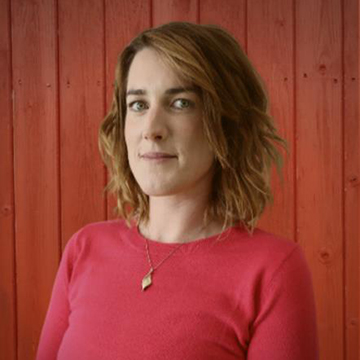
Key skills Emilia brings to W2W include extensive experience in project management and coordination and expertise in specialty food retail management for SMEs in Irish Food Industry.
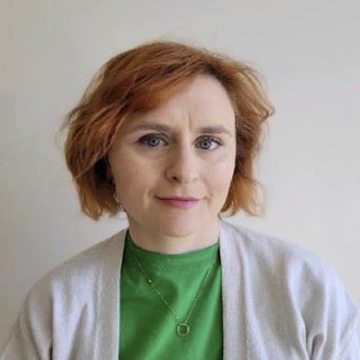
Key skills Michelle brings to this project include experience in coordinating projects for Erasmus+, research and design of education protocols and networking of key stakeholders.